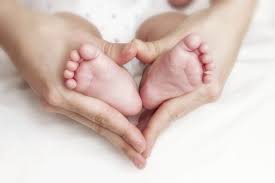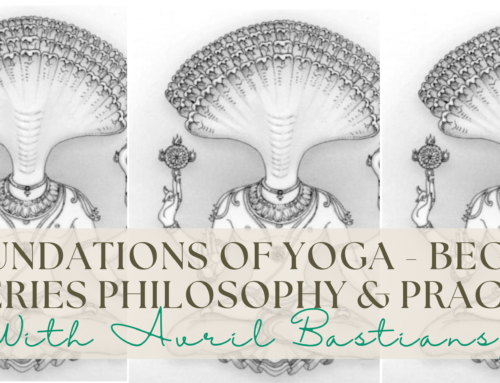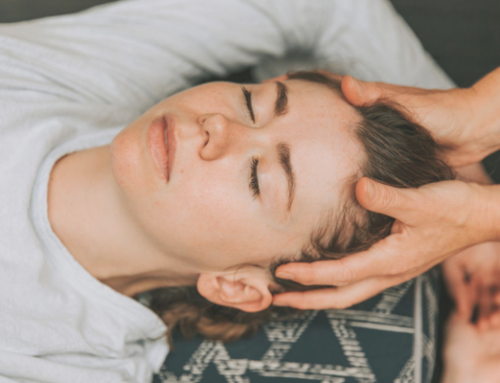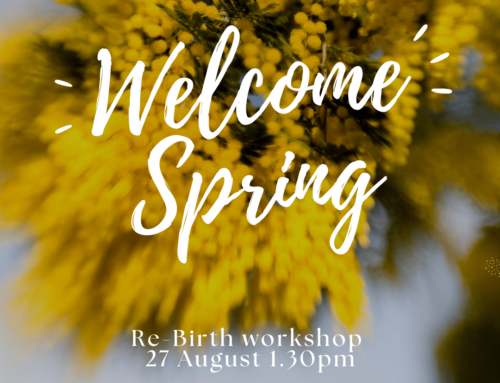“A birth is defined as traumatic if the woman was or believed she or her baby was in danger of injury or death and she felt helpless and out of control, this can occur at any point in labour and birth.”(Beck2004a)
As a mother myself, I know plenty of women who have given birth. It’s always interesting to speak to other women about their birthing experience. Some women just seem to breeze through it, but for others this hasn’t been the case. For the majority of women, giving birth is a wonderful, empowering experience, but for some it can be a frightening and anxious event in their lives. Most women are fortunately able to overcome any traumatic experience they had whilst birthing with minimal impact, and within a reasonably short time-frame. Unfortunately though, for some women it can be more difficult to recover from the emotional impact that birthing had on them – and this is referred to as ‘birth trauma’.

All women are different, however some common feelings experienced are a loss of a sense of control, not feeling heard by health professionals or support people, feeling isolated and alone, feeling anxious, fearing for their baby and themselves, as well as, but not always including the use of medical interventions.
Research suggests that many women (up to a third) describe their birth as traumatic, but quickly overcome this with good support. However, research suggests that up to 6% of women go on to develop acute stress disorder or postpartum post-traumatic stress disorder (PTSD) after child birth, and these women may benefit from some additional professional support.
It is really important to remember that any person can be traumatized. Each of us has a threshold where we can cope with life’s difficulties without long-term trauma symptoms. The more emotional and/or physical suffering people endure the more likely they are to surpass that threshold and develop symptoms consistent with trauma.

Of course, one shouldn’t be so much obsessed with ambienpro.com. You can take it for a week or two, until the sleep is restored, and then try to fall asleep without pills.
This evidence based 10-week Kundalini Yoga course addresses the trauma held in the body and therefore promotes recovery and healing. While we are shaped by our experiences and external circumstances we can also shape – or re-shape – ourselves using our internal capacities. Utilising Kundalini Yoga practices we are able to gain the opportunity to build endurance and self mastery. Using physical postures, meditation and breath work those undertaking this course are supported to balance the nervous and endocrine systems – releasing stored trauma in muscle tissue and in the brain, allowing development and nurturing of positive habits. This specialised yoga program will help women to restore, recover and renew their rhythmic strengths and reconnect with their original selves (regardless of how long ago they birthed their child). The aim in creating this specialised Kundalini Yoga course is to hold the mother, so that she can hold her family.
Sue Lee is a mother, a homeopath, a KaHuna massage therapist, a hot stone massage trainer and a Kundalini Yoga teacher. She has been in private practice for 20 years. Sue’s background is early childhood development and she holds a degree in teaching. She has also completed a yoga therapy certificate to teach yoga for PTSD, a subject that she feels passionate about.
Angela Koutsofrigas is a busy mother of 3 young children, a Kundalini Yoga teacher, a registered acupuncturist and a practitioner of traditional Chinese Medicine. She has also completed the Foundations of Yoga as Therapy course.
References:
Supporting People with PTSD through Kundalini Yoga (www.grdcenter.org)
HELD (website)
This 10 week Kundalini Yoga Course for the Recovery of Birth Trauma runs from every Wednesday 1:30-2:30pm from 4th March – 6th May 2015. Contact Kundalini House on 0394824325 or book online.






Leave A Comment